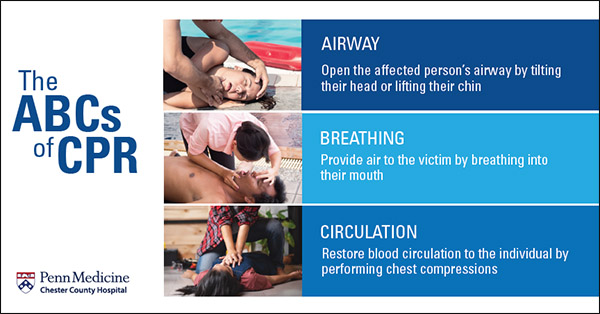
In the hustle and bustle of everyday life, it's easy to overlook teaching your children essential life-saving skills. While you prioritize their education and extracurricular activities, it's crucial not to neglect preparing them for emergencies. One vital aspect of this preparation is ensuring they know what to do in a medical crisis. As parents, it's our responsibility to equip our children with the knowledge and skills to act swiftly and strategically in life-or-death situations.
Among the most vital skills they can learn is cardiopulmonary resuscitation (CPR). By performing CPR on someone experiencing a medical emergency, children can help continue blood flow to the brain of the affected individual while waiting for paramedics to arrive, giving that person their best chance at survival. It's crucial for children to learn this lifesaving skill, and as parents, you can empower them with the knowledge to act swiftly and strategically in these life-or-death situations.

Why Should Your Child Learn CPR?
 According to Jason Komasz, MD, Medical Director, CHOP Newborn and Pediatric Care at Chester County Hospital, medical emergencies can happen anytime, anywhere, and to anyone, regardless of age. "In such critical situations, every second counts," Dr. Komasz says.
According to Jason Komasz, MD, Medical Director, CHOP Newborn and Pediatric Care at Chester County Hospital, medical emergencies can happen anytime, anywhere, and to anyone, regardless of age. "In such critical situations, every second counts," Dr. Komasz says.
Cardiac arrest outside of a hospital setting is a leading cause of death around the world. While survival rates range between 2% and 20% globally, they're especially low without immediate action from a bystander. CPR is a fundamental first aid skill that can significantly increase the chances of survival for someone experiencing cardiac arrest or a similar medical crisis. By teaching children CPR, we equip them to take immediate action when someone's life is at risk.
CPR education also instills confidence in children, empowering them to step up and make a difference in emergency situations. It encourages them to feel more responsible and in control of their surroundings. Knowing that they have the skills to potentially save a life can boost their self-esteem and sense of capability, providing a sense of security for parents.
How Can Parents Teach CPR to Children?
Teaching CPR to children doesn't have to be daunting or complicated. Parents can effectively impart this lifesaving skill to their children with the right approach and resources."
Children can begin learning CPR as early as age 4 and develop more skills as they get older," Dr. Komasz explains. "By age 10, children may be able to perform effective chest compressions during training. And with tools like the ABCs of CPR, teaching the basics can be especially easy for children to comprehend."
Parents can also consider some best practices for the home to continue to encourage their children to understand and remember the basics of this critical skill. Some considerations include:
- Using age-appropriate resources: There are numerous resources designed specifically to teach CPR to children in an engaging and easy-to-understand way. Explore our helpful Chester County Hospital resources to get you started.
- Leading by example: Children often learn by observing and imitating adults. CPR-certified parents can demonstrate the proper techniques to their children, emphasizing the importance of each step. Seeing their parents take CPR seriously may motivate children to learn and practice it themselves.
- Practicing regularly: Like any skill, CPR proficiency requires practice to maintain. Parents should encourage their children to practice it regularly, under adult supervision. Setting aside dedicated practice sessions can reinforce CPR techniques and build muscle memory, ensuring children can perform it confidently and effectively when faced with a real emergency.
- Providing positive reinforcement: Parents should offer their children plenty of praise and encouragement as they progress in their CPR skills. Celebrating milestones and acknowledging their efforts may boost children's confidence and motivate them to continue learning.
- Discuss real-life scenarios: Engage children in discussions about different emergency situations where CPR might be necessary. Talk about what they would do if they encountered someone who was unconscious or not breathing. Encourage them to think critically and problem-solve, emphasizing the importance of remaining calm and taking swift action.
- Seeking professional training: While parents can teach the basics of CPR at home, enrolling children in a formal CPR certification course is highly beneficial. Join Chester County Hospital either online or in person to receive training on using an automated external defibrillator (or AED), which is used to help those experiencing sudden cardiac arrest.
Empowering Children as Lifesavers
Chester County Hospital offers free, one-hour programs on Hands-Only CPR for community organizations, including school groups. Depending on the size of the group, the program includes a representative from the hospital and a local EMS response team, such as Good Fellowship Ambulance, Medic 94, Longwood Fire Company, or Minquas Fire Company, to instruct how to perform the technique and use an AED.
The program focuses on Hands-Only CPR, but instructors can provide contact information and locations for conventional and pediatric CPR training if desired.